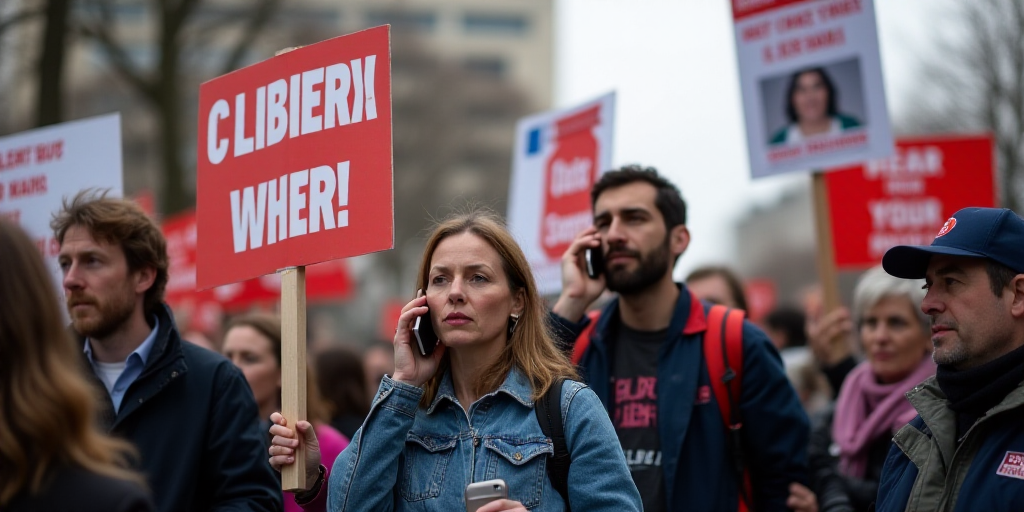Background on the Key Players
Air Canada, Canada’s largest airline serving 180 cities worldwide, found itself in the midst of a labor dispute when approximately 10,000 cabin crew members initiated a strike over wage disputes. The Canadian Union of Public Employees (CUPE) represents these 10,000 Air Canada cabin crew members.
Government Intervention and Strike Response
On Saturday, the Canadian government intervened by invoking a legal provision to halt the strike and compel both parties into binding arbitration. The Minister of Labour, Patty Hajdu, explained that the potential negative impact on Canadians and the economy was too significant to ignore.
However, Hajdu indicated that Air Canada’s regular services might not resume for 5 to 10 days following the disruption.
CUPE’s Stance and Criticism of Government Intervention
The Canadian Union of Public Employees (CUPE) criticized the government’s intervention, stating that it rewards Air Canada’s unwillingness to negotiate fairly and sets a bad precedent. The union remains legally empowered to continue the strike until an official government order compels them to return to work.
Beyond wage increases, the union seeks to address unpaid ground work, including boarding procedures.
Unpaid Ground Work and Wage Increases
Rafael Gómez, Director of the Industrial Relations Center at the University of Toronto, explained to AFP that it’s common practice globally to pay flight attendants based on their time in the air.
Gómez noted that the union’s effective communication campaign had generated public perception of injustice. An average passenger might think, “I’m waiting to board, and a flight attendant is assisting me, but technically they aren’t being paid for that work,” prior to the strike.
Gómez also pointed out that improvements for Air Canada employees could influence other airlines.
Air Canada’s Final Offer and CUPE’s Rejection
Air Canada proposed a final agreement that would increase the average annual salary of senior cabin crew members to CAD 87,000 (USD 65,000) by 2027. However, CUPE deemed the proposals insufficient, especially considering inflation.
The union rejected Air Canada’s and the Canadian government’s requests for independent arbitration to resolve disputes.
Economic Context and Business Community Warning
Canada’s economy, though showing resilience, is starting to feel the effects of trade wars initiated by U.S. President Donald Trump, impacting vital sectors like automotive, aluminum, and steel with tariffs.
Before the strike, the Canadian Business Leadership Council warned of the potential for worsening difficulties due to an Air Canada strike, emphasizing the immediate and significant damage it would inflict on all Canadians given the country’s critical economic supply chain pressures.
Key Questions and Answers
- What is the nature of the dispute? The disagreement revolves around wage increases and unpaid ground work, including boarding procedures.
- Who are the key players involved? Air Canada, the largest airline in Canada, and the Canadian Union of Public Employees (CUPE), representing 10,000 cabin crew members.
- What actions did the Canadian government take? The Minister of Labour invoked a legal provision to halt the strike and compel both parties into binding arbitration.
- What is the CUPE’s stance on government intervention? The union criticizes the intervention, claiming it rewards Air Canada’s unwillingness to negotiate fairly and sets a bad precedent.
- What are the main points of contention? Wage increases and addressing unpaid ground work, including boarding procedures.
- How might this strike impact the broader economy? The ongoing trade wars and tariffs are already affecting Canada’s vital sectors, and an Air Canada strike could exacerbate economic pressures.






